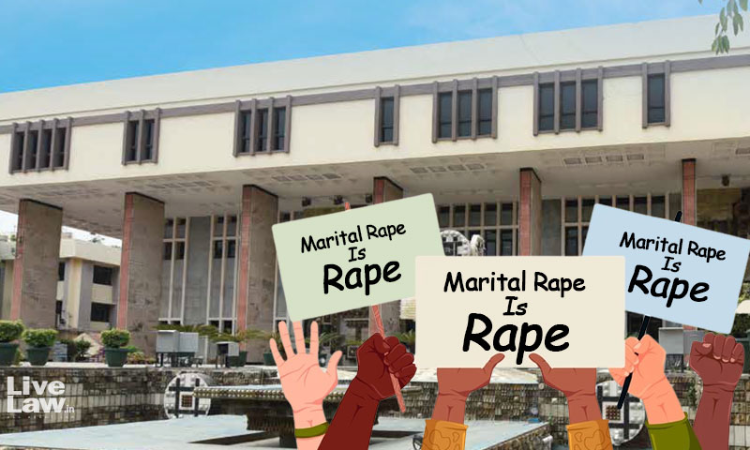Marital Rape Exception: Delhi High Court Grants Two Weeks Time To Centre For Deciding Its Stand
Nupur Thapliyal
7 Feb 2022 6:17 PM IST

Next Story
7 Feb 2022 6:17 PM IST
The Delhi High Court on Monday granted two weeks' time to the Central Government to decide and clarify its stand in a bunch of pleas challenging the exception of Marital rape under Section 375 of the Indian Penal Code.The development came after Solicitor General of India, Tushar Mehta referred to the recent additional affidavit filed by the Centre wherein it had reiterated the request to...
